In a remarkable turn of events, the automotive industry witnessed history in the making as legendary boxer Floyd Mayweather became the proud owner of the world's first-ever hydrogen-powered Toyota Supercar.
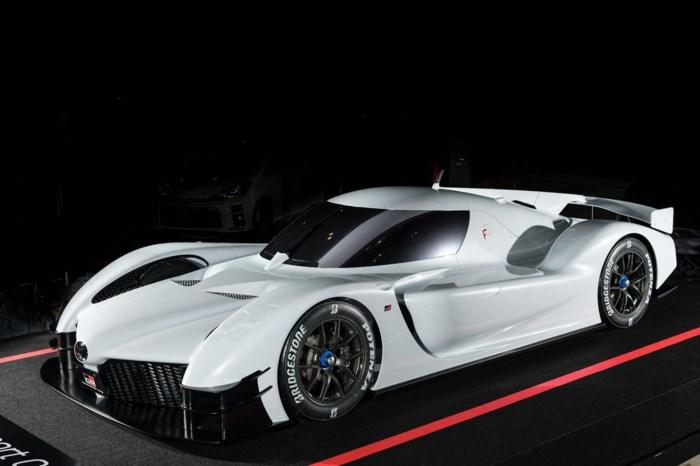
The news spread like wildfire, captivating the attention of enthusiasts, eco-conscious individuals, and curious minds around the globe.
This groundbreaking achievement not only showcased the advancements in green technology but also set a precedent for celebrities and consumers alike to embrace eco-friendly transportation solutions.
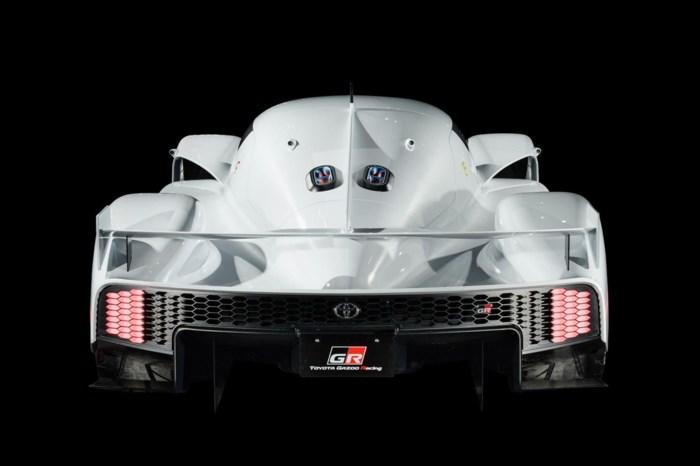
The concept of hydrogen-powered vehicles has been a subject of interest for years, but it was only recently that the technology matured enough to be commercially viable. Unlike traditional internal combustion engines, hydrogen-powered vehicles produce zero emissions, emitting only water vapor and heat as byproducts.
This environmentally-friendly feature has made them a promising alternative to gasoline-powered cars, aligning with the global push for sustainable transportation options to combat climate change.
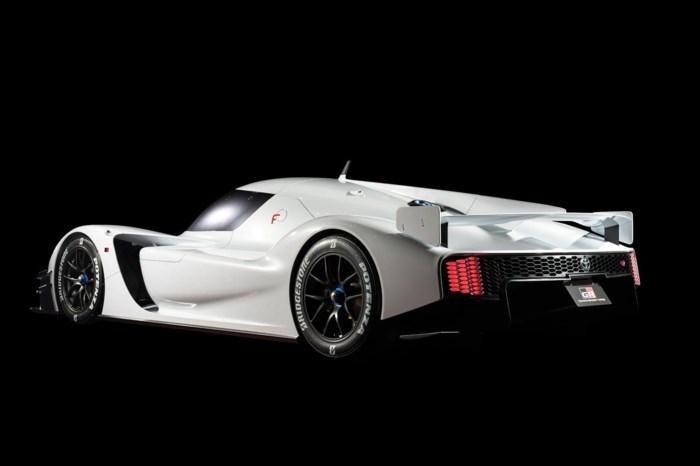
Toyota, a leading automotive manufacturer known for its commitment to innovation, took the bold step of investing in hydrogen fuel cell technology. The result of their relentless dedication was the creation of the world's first hydrogen-powered Supercar – a fusion of luxury, performance, and eco-conscious engineering.
This achievement earned Toyota accolades and recognition from the industry and environmentalists alike, demonstrating the brand's commitment to reducing the carbon footprint and contributing to a greener future.
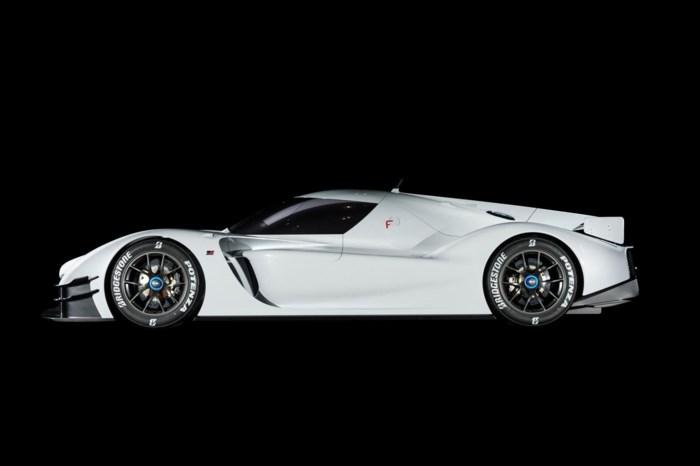
As one of the world's most prominent athletes and a beloved public figure, Floyd Mayweather has always been an advocate for positive change. Beyond his boxing achievements, he has consistently used his platform to raise awareness about various social and environmental issues.
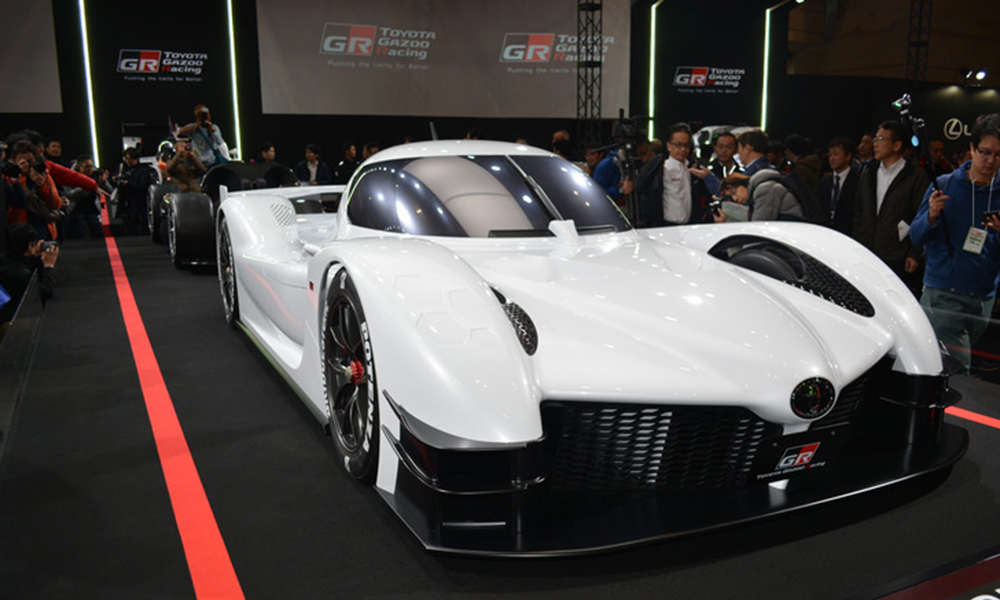
His interest in sustainable living and clean technologies made him a perfect match for Toyota's hydrogen-powered Supercar, as he embraced the opportunity to lead by example and show the world that eco-conscious choices can be both stylish and performance-driven.
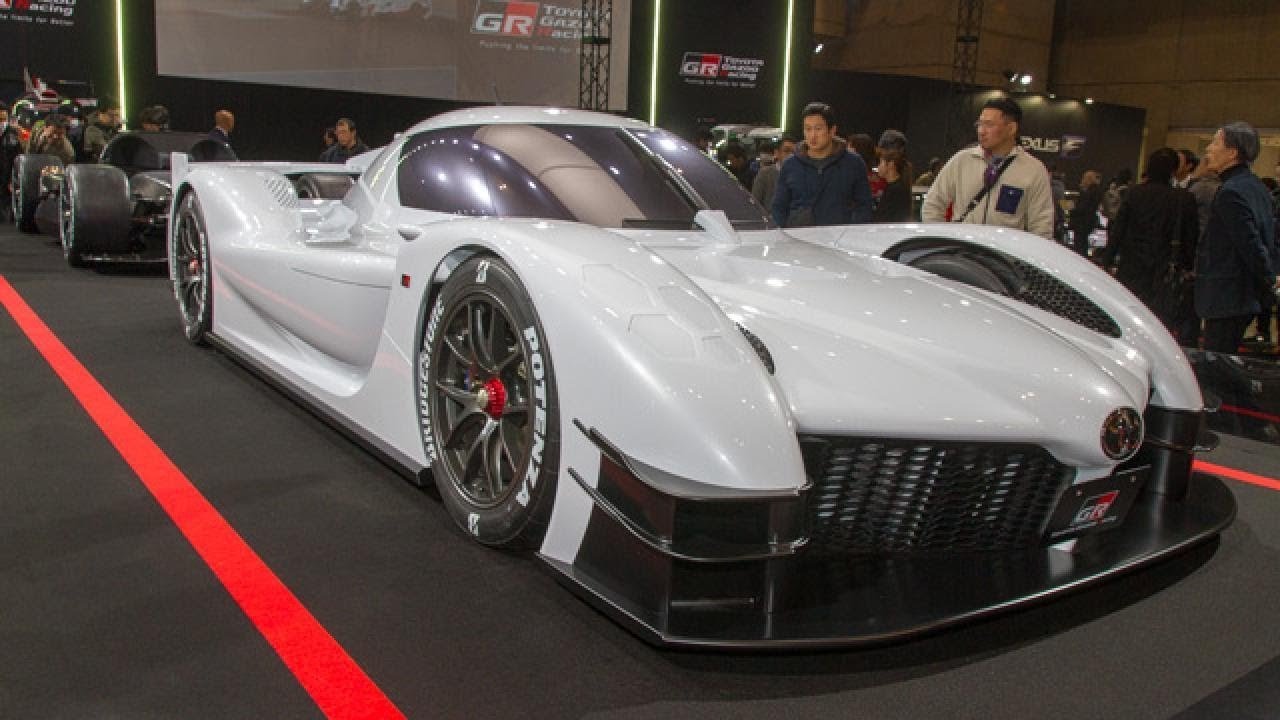
As news of Mayweather's acquisition of the hydrogen-powered Toyota Supercar broke, the internet erupted with excitement and curiosity. Social media platforms were flooded with discussions, hashtags trended, and articles popped up in every corner of the web. People from all walks of life were captivated by this game-changing event, eager to learn more about the technology and its potential implications for a sustainable future.
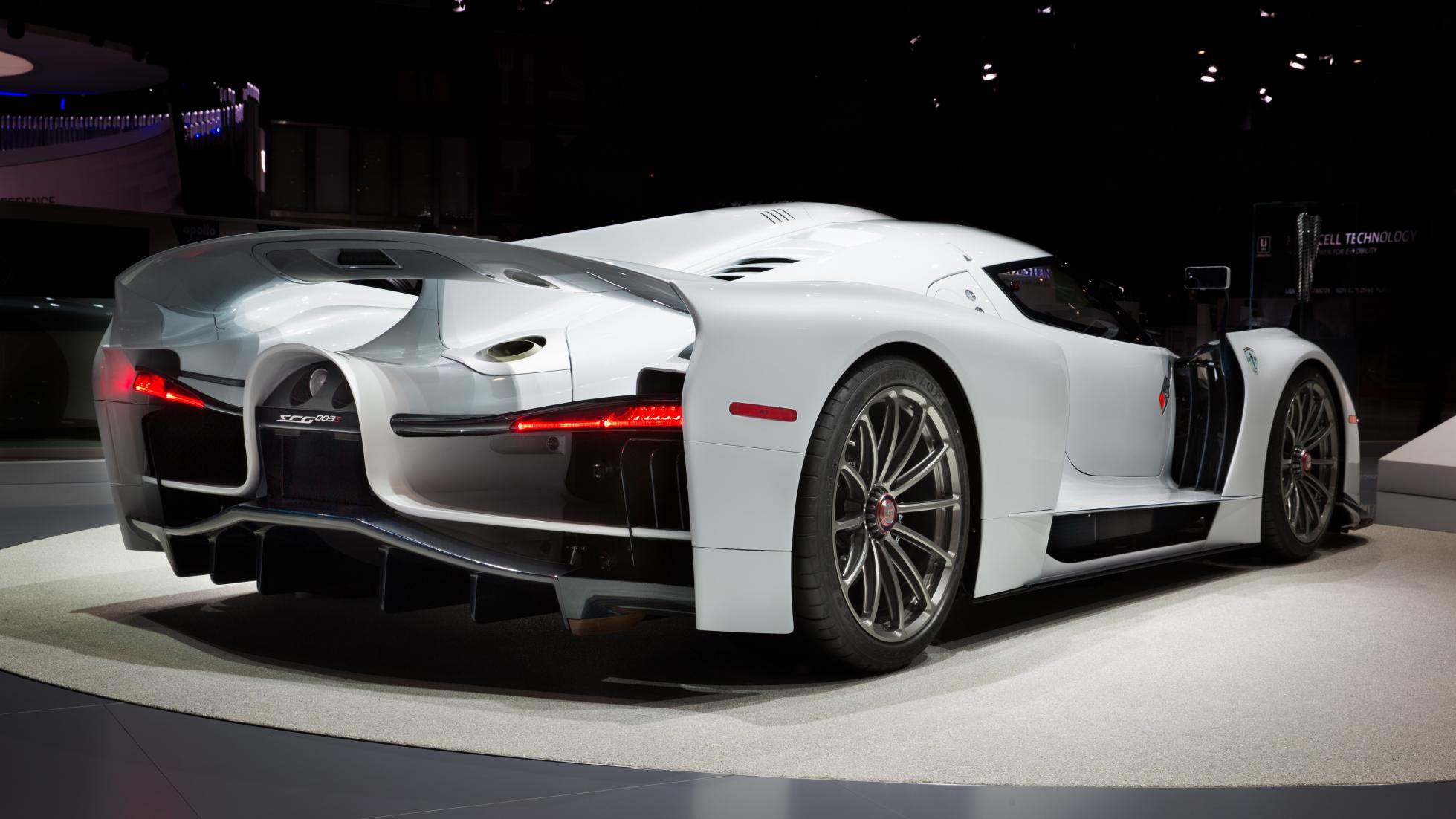
Mayweather's ownership of the hydrogen-powered Toyota Supercar acted as a catalyst for change, inspiring other celebrities, influencers, and consumers to explore eco-friendly transportation options.
The paradigm shift was not only limited to the automotive industry but also influenced policymakers and governments to invest further in clean energy infrastructure. This newfound attention to hydrogen fuel cell technology spurred research and development, leading to even more innovative solutions in the future.
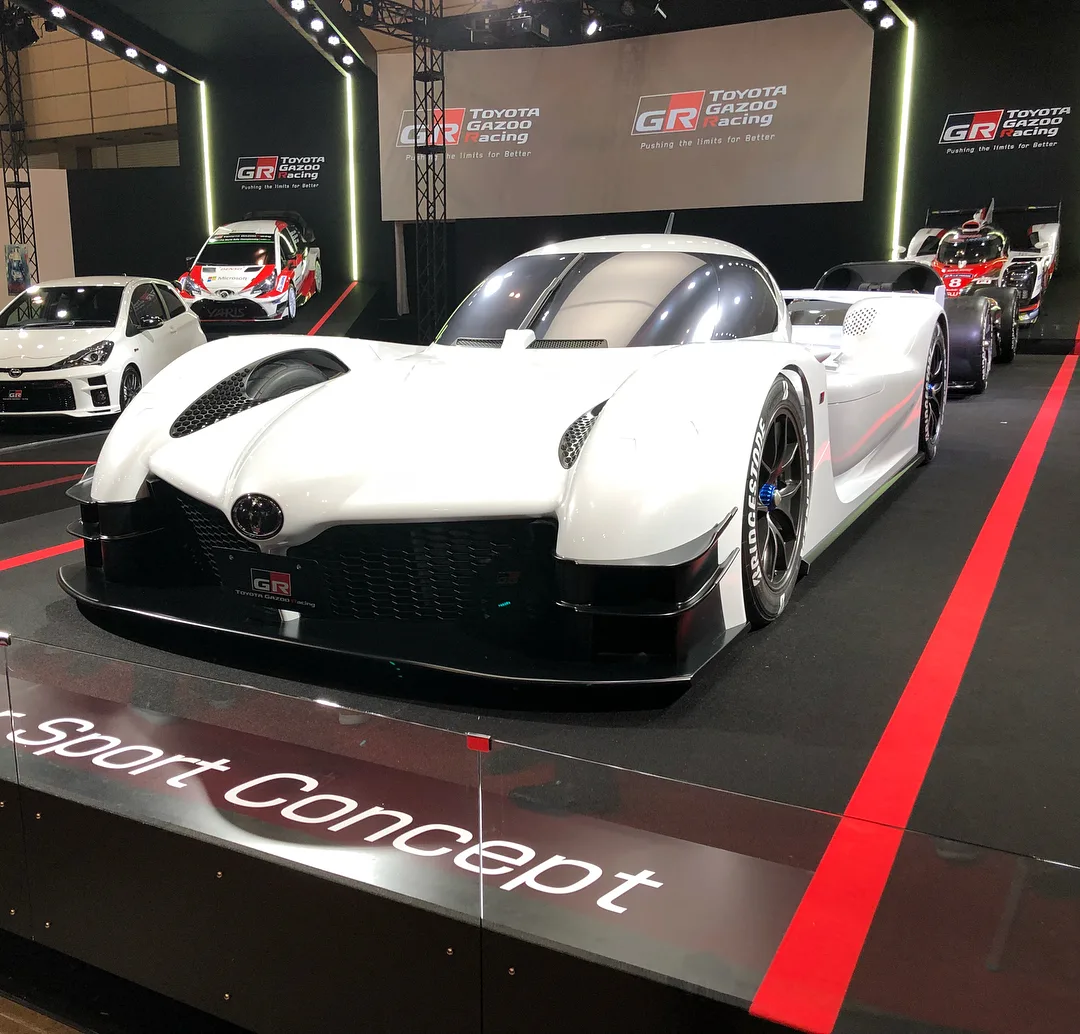
Despite the groundbreaking achievements, hydrogen-powered vehicles faced some skepticism and challenges. Concerns regarding the availability of hydrogen refueling stations, cost-effectiveness, and safety were raised by critics.
However, the positive response to Mayweather's Supercar marked a significant step in addressing these misconceptions and encouraged stakeholders to work collaboratively in overcoming the obstacles.



